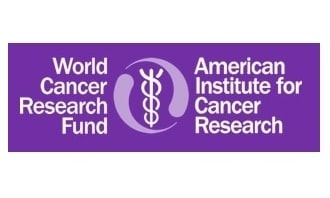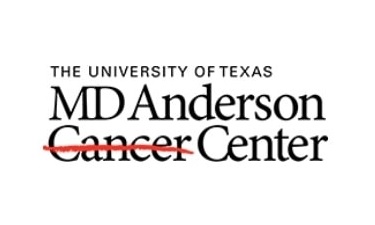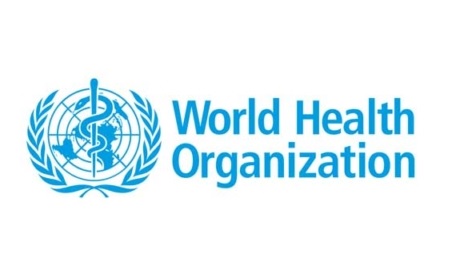How can Eating Well help you? What the research says
For guidance on improving your diet, see How to Eat Well ›
Improving treatment outcomes
Is Eating Well linked to improved survival? Is it linked to less cancer growth or metastasis? Does it enhance the anticancer action of other treatments or therapies? We present the evidence.
Optimizing your body terrain
How does Eating Well promote an environment within your body that is less supportive of cancer development, growth or spread? We present the evidence.
Several imbalances in your body terrainthe internal conditions of your body, including nutritional status, fitness, blood sugar balance, hormone balance, inflammation, and more can make your body more supportive of cancer. Resolving terrain imbalances can decrease your risk of cancer or recurrence, promote healing and wellness, and improve survival. See Optimizing Your Body Terrain ›
Find health professionals who specialize in managing body terrain ›
Managing side effects and promoting wellness
Is Eating Well linked to fewer or less severe side effects or symptoms? Is it linked to less toxicity from cancer treatment? Does it support your quality of life or promote general well-being?
Reducing cancer risk
Is Eating Well linked to lower risks of developing cancer or of recurrence? We present the evidence.
Researchers estimated that more than 80,000 new cancer cases in the United States in 2015 were associated with suboptimal diets among US adults, with middle-aged men and racial/ethnic minorities experiencing the largest proportion of diet-associated cancer burden in the US. Colorectal cancer had the highest number and proportion of diet-related cases.215Zhang FF, Cudhea F et al. Preventable cancer burden associated with poor diet in the United States. JNCI Cancer Spectrum. 2019 May;pkz034.
Healthy eating scores
Four scoring methods for diets have been linked to lower risk of cancer mortality among people without cancer at baseline in a very large observationala type of study in which individuals are observed or certain outcomes are measured, but no attempt is made to affect the outcome (for example, no treatment is given); an example is a study that records people’s diets, but doesn’t try to alter their diets, and looks for patterns of disease or other outcomes related to different foods study:216Shan Z, Wang F et al. Healthy eating patterns and risk of total and cause-specific mortality. JAMA Internal Medicine. 2023 Jan 9.
Healthy Eating Index 2015
While these scoring systems show a great deal of overlap, a few differences do exist, indicating that more than one eating pattern can reduce your risk of cancer mortality.
Cancer types related to diet and nutrition
- Bladder cancer ›
- Breast cancer › (with separate information for breast cancer survivors ›)
- Cervical cancer ›
- Colorectal cancer ›
- Endometrial cancer ›
- Esophageal cancer ›
- Gallbladder cancer ›
- Head, neck or oral cancers: cancers of the mouth, pharynx, larynx › or nasopharyngeal cancer ›
Helpful links
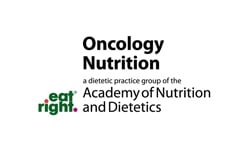
The Oncology Nutrition Dietetic Practice Group answers the question “Are soy foods safe for breast cancer survivors, including women who were treated for estrogen receptor positive breast cancer?”
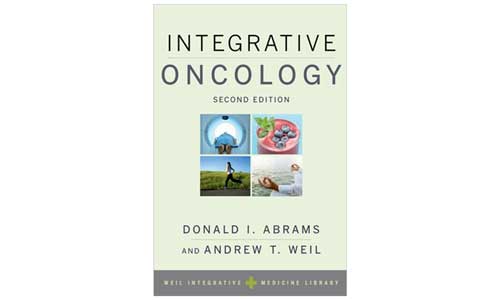
Integrative Oncology, 2nd Edition ›
Donald Abrams, MD, and Andrew Weil, MD, discuss integrative approaches to cancer care, including the role of diet.
Mudryj AN, Yu N, Aukema HM. Nutritional and health benefits of pulses. Applied Physiology, Nutrition and Metabolism. 2014 Nov;39(11):1197-204.
Learn more
References

